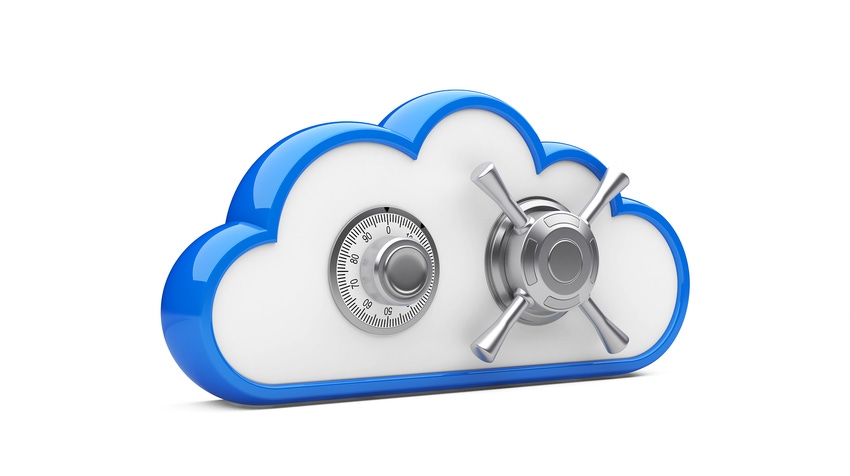If business uses a consumer-grade solution, however, that’s when things start to get murky. That’s when your data could be taken away at a moment’s notice. That’s when you’ve lost ownership. It’s also when you’ve lost control. This is a situation that no business should ever find itself in.
March 12, 2014

By Michael Brown 1
Who owns your cloud data? According to Apple co-founder Steve Wozniak, the answer to that question is: “not you.”
In a recent interview, Wozniak explained how the concept of data ownership is slowly being eroded by the growth of the cloud. Before we explain why this isn’t entirely the case, let’s take a look at his actual words so as not to misconstrue anything. He says:
“Nowadays in the digital world you can hardly own anything anymore. It’s all these subscriptions… and you’ve already agreed that every right in the world belongs to them and you’ve got no rights. And if you’ve put it on the cloud, you don’t own it. You’ve signed away all the rights to it. If it disappears, if they decide deliberately that they don’t like you and they cut that off, you’ve lost all the photographs of your life… When we grew up ownership was what made America different than Russia.”
Nothing controversial about that, eh? He has a point though: Consumers are putting a lot of their data into the cloud without considering some of the scenarios he mentions above. But the keyword in that last sentence was “consumers.”
On the business side, we find a very clear definition of data ownership. Depending on the vendor an organization decides to leverage, the business always owns the data – and there is no grey area. Moreover, if they decide to employ a hybrid cloud model, they own and control 100 percent of their data. Again, there’s nothing ambiguous about the ownership in this case either.
If business uses a consumer-grade solution, however, that’s when things start to get murky. That’s when your data could be taken away at a moment’s notice. That’s when you’ve lost ownership. It’s also when you’ve lost control. This is a situation that no business should ever find itself in.
Here’s a nice piece of advice from the writers at Backupify on how to avoid this type of situation:
Not all, or even most, online services or applications seek to imprison your data — but some do. Data transparency and portability are not in the direct, short-term interest of your online service providers. The harder it is for you to change services, which is to say extract the content you create from an online application, the easier it is for vendors to protect their revenue. The less you know about the meta-data that online services collect on you, the more those vendors can exploit that data without oversight or opposition. That isn’t a conspiracy, that’s basic business.
As the cloud gets more attention – both good and bad – it’s important to distinguish the consumer cloud from the business cloud. As we’ve come to learn, they are almost completely different animals.
What do you think about Woz’s comments on the consumer side? Do they apply to the business cloud as well? Be sure to share in the comments section below.
You May Also Like
